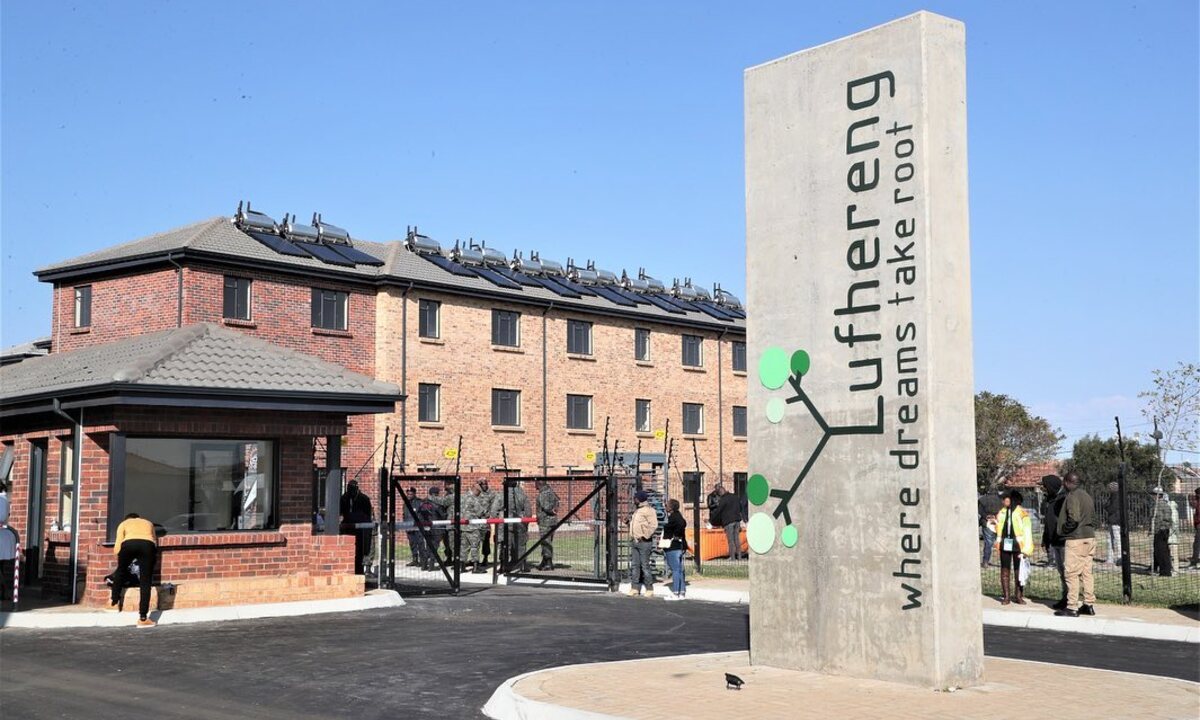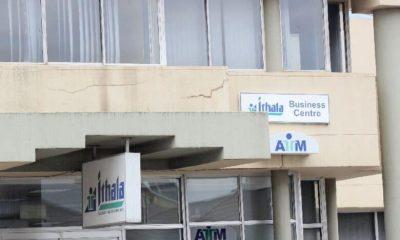News
Human Settlements Receives R6.4B for Housing Access Improvement

The Department of Human Settlements and Infrastructure Development has provided over 15,625 housing opportunities to beneficiaries in Gauteng.
During the budget vote presentation at the Legislature on Thursday, 25 May, MEC Lebogang Maile highlighted the department’s transformation into a centre of service delivery excellence, even in challenging circumstances as reported by the Gauteng Government.
For the financial year 2023/24, the department has been allocated a budget of R6,421,222,000. This allocation will be utilised for various purposes, including developing 5,667 stands and constructing 7,502 housing units.
MEC Maile stated, “Our beneficiary management system has seen significant improvement, ensuring that deserving beneficiaries receive housing units promptly. Moreover, we have made a deliberate decision to prioritise the elderly on our beneficiary list.”
Over the Medium-Term Expenditure Framework (MTEF), the department will also assist 64 district-based informal settlements, while the metropolitan areas will attend to the remaining settlements.
Also Read: Food Lover’s Market Kicks Off Hunger Month With 2 Million Meals
The Informal Settlement Upgrading Programme aims to formalise informal settlements and provide residents with secure tenure in established townships.
MEC Maile explained, “Addressing this issue is challenging in the Gauteng context because when decongestion occurs, new households occupy the vacated spaces. To tackle this problem, we have taken a stance to relocate or decongest households in informal settlements into completed units within mega projects or new housing developments going forward.”
From the allocated Informal Settlement Upgrading Partnership Grant (ISUPG) of R1,226,949 billion, primarily designated to support district municipalities, 73% of this amount has been allocated to permanent services and bulk link services.
The department’s additional key priorities include relocating six informal settlements. In addition, priority will be given to the Mamelodi flood victims and the K54 Road Reserve informal settlement in partnership with the City of Tshwane.
Maile noted that the department had completed significant interventions as part of its plan. These interventions encompass the development of the Human Settlements Masterplan, establishing a multi-year project bank, implementing an e-invoicing system, and implementing the Customer Management System (CMS).
He added, “Several other interventions are currently underway and are expected to be completed during the current financial year, such as finalising the organisational structure to align the department’s functions and service delivery model with the Infrastructure Delivery Management System (IDMS).”
Furthermore, the department has been diligently working to address previous negative audit outcomes, and some of these issues have been resolved in collaboration with the Auditor General’s Office (AGSA).
Moreover, around 80% of material misstatements from the previous year have been reduced to achieve an Unqualified Audit Opinion for the 2022/23 financial year.
Also Read:
Follow us on Google News
Photo: Facebook / @Gauteng Department of Human Settlements






















